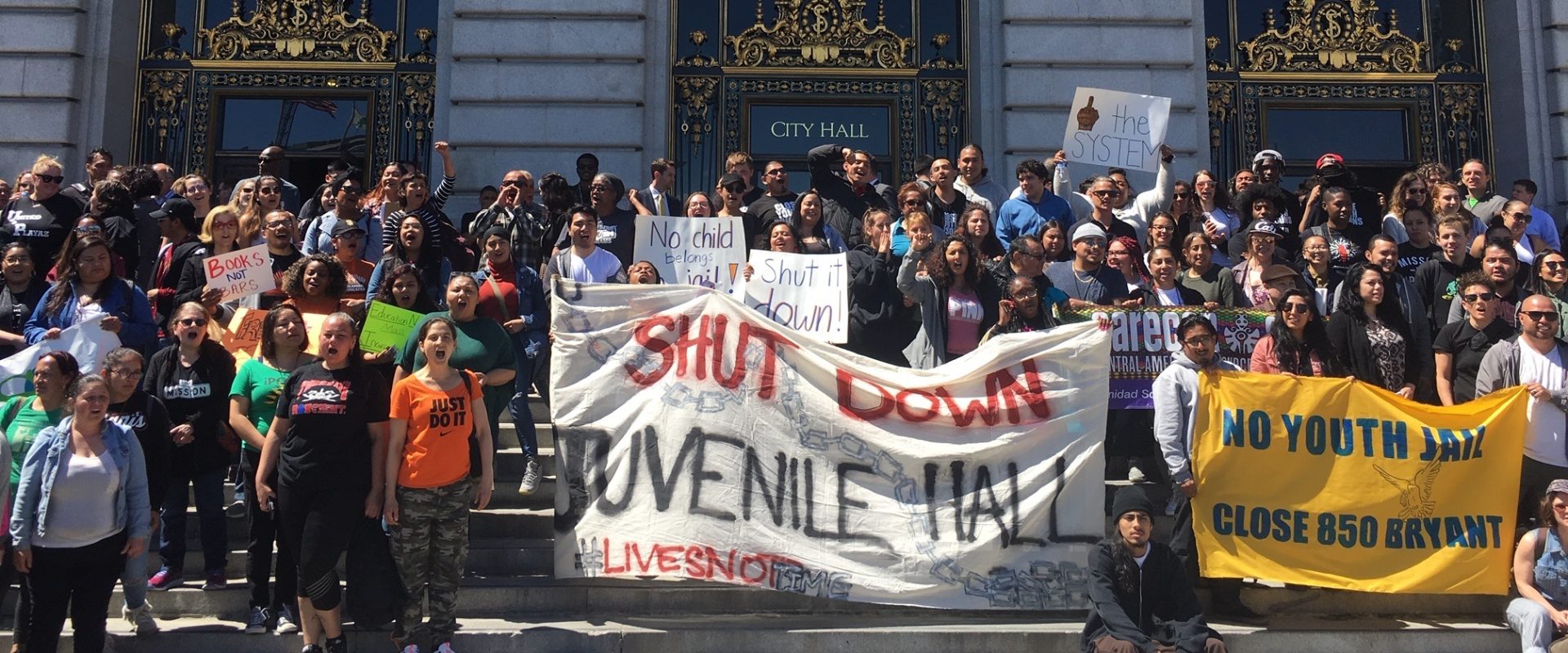Blog Apr 30, 2010
Juvenile Justice Can be a Death Trap for Kids
We’ve always known that locking up kids is counterproductive, that it promotes isolation and lethargy among youths confined, and that it results in harsher treatment by decision makers throughout the process. Terry Kupers, an expert on trauma, has observed that these institutions tend to destroy “a prisoner’s ability to cope in the free world.” Moreover, “a lack of rehabilitation opportunities, excessive reliance on isolation as punishment, the restriction of visits and contacts with the…
In the early 2000’s several reports began to document the existence of thousands of juveniles with diagnosed mental health issues sitting in detention facilities waiting for placement in a mental health facility. For instance, the Pittsburgh Post-Gazette surveyed 172 detention centers nationally and found that more than 40% of them “said children with mental health problems stay in detention longer than others because placements can’t be found for them.” The director of a detention center in…
Blog Apr 20, 2010
Marijuana: To Legalize or Not to Legalize
Today is April 20, 2010, also known as 4⁄20. Many consider today an unofficial holiday: National Marijuana Day. Since today is 4⁄20, the Center on Juvenile and Criminal Justice (CJCJ) thought no other day would be more appropriate to educate people on the fiscal and legal implications of legalizing marijuana in California. CJCJ is in no way advocating for the use of non-medicinal marijuana, however, I feel it is critical to be fully informed on the matter. As part of our various public…
In 1980, before California and the United States embarked on a massive “War on Drugs” to arrest and imprison rising tens of thousands of drug users, a total of 1,480 residents died from overdoses or chronic abuse of illicit drugs. That constituted 7.7% of the state’s death toll from all external causes (that is, accidents, suicides, murders, and violent deaths of undetermined intent). After nearly three decades of drug war, just-released Center for Health Statistics figures show a record 4,196…
The March 2010, the American Constitution Society (ACS) released, “A Just Alternative to Sentencing Youth to Life in Prison Without the Possibility of Parole ” that provides three arguments against utilizing life without the possibility of parole for youth. The issue brief also recommends state policy reform options. Youth are different from adults. The Court recognizes that youth differ from adults biologically and should be treated as such. Scientists suggest that youth differ from adults…
